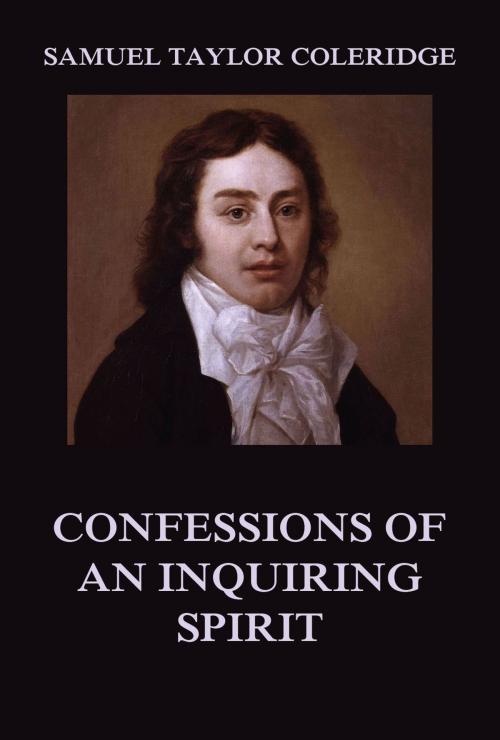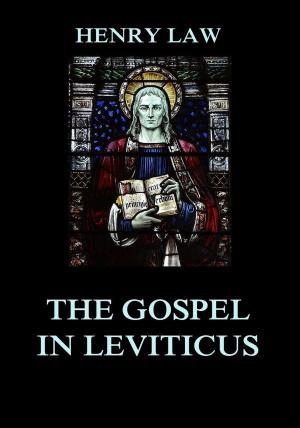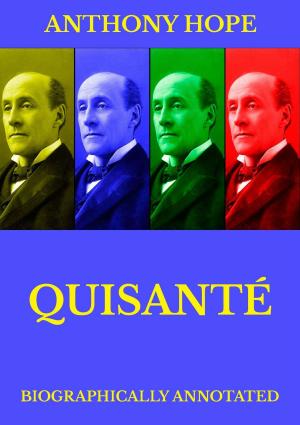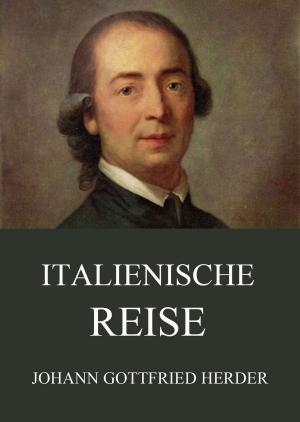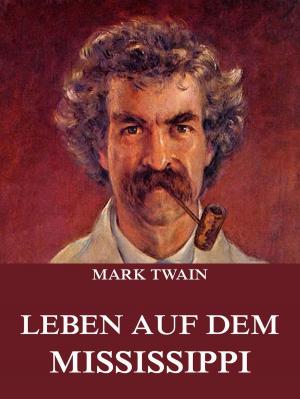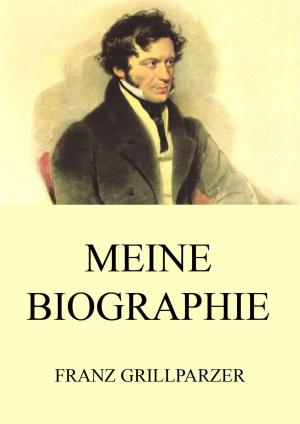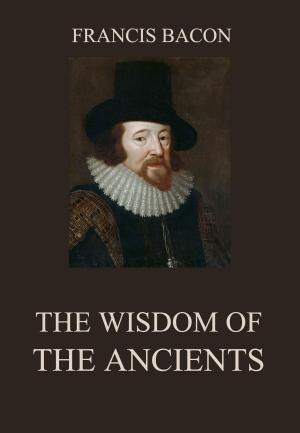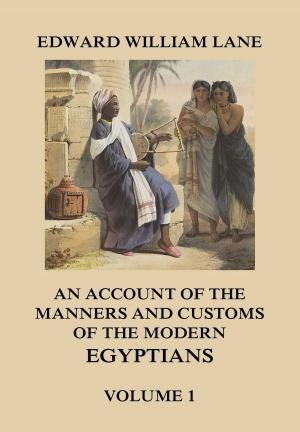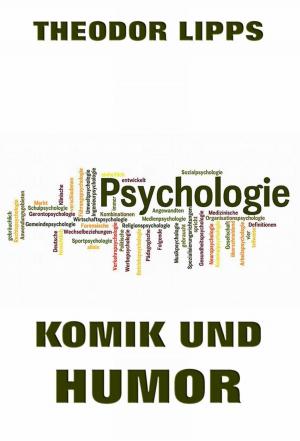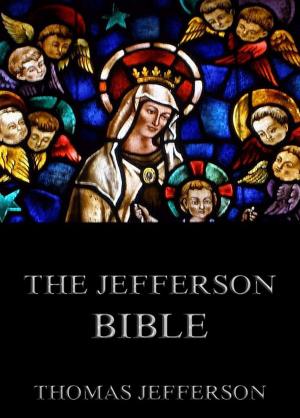| Author: | Samuel Taylor Coleridge | ISBN: | 9783849652241 |
| Publisher: | Jazzybee Verlag | Publication: | June 6, 2018 |
| Imprint: | Language: | English |
| Author: | Samuel Taylor Coleridge |
| ISBN: | 9783849652241 |
| Publisher: | Jazzybee Verlag |
| Publication: | June 6, 2018 |
| Imprint: | |
| Language: | English |
Never was there a book less entitled than the "Confessions of an Inquiring Spirit" to the honour of effecting a revolution in theology, or becoming the manifesto of any school of inquirers accustomed to habits of sound and accurate reasoning. With not a little to remind us of the reach and originality of thought which distinguish the other writings of Coleridge, it is marked to a most vicious excess with looseness and inaccuracy of conception; it betrays a painful ignorance of the main facts and fundamental principles involved in the question at issue; and, by the confident, but impotent attempt which he makes to marry a mystical philosophy to an unsound theology, he only shows that he has strayed into a province of speculation with whose guiding landmarks he was completely unacquainted. Nor is this failure to grasp, and inability to deal with, the necessary conditions of the problem to be solved, so conspicuous in Coleridge's discussion of the doctrine of inspiration, altogether due to his limited and defective preparation for dealing with the subject; it is in no small measure to be attributed to the exigencies of his position and argument.
Never was there a book less entitled than the "Confessions of an Inquiring Spirit" to the honour of effecting a revolution in theology, or becoming the manifesto of any school of inquirers accustomed to habits of sound and accurate reasoning. With not a little to remind us of the reach and originality of thought which distinguish the other writings of Coleridge, it is marked to a most vicious excess with looseness and inaccuracy of conception; it betrays a painful ignorance of the main facts and fundamental principles involved in the question at issue; and, by the confident, but impotent attempt which he makes to marry a mystical philosophy to an unsound theology, he only shows that he has strayed into a province of speculation with whose guiding landmarks he was completely unacquainted. Nor is this failure to grasp, and inability to deal with, the necessary conditions of the problem to be solved, so conspicuous in Coleridge's discussion of the doctrine of inspiration, altogether due to his limited and defective preparation for dealing with the subject; it is in no small measure to be attributed to the exigencies of his position and argument.
